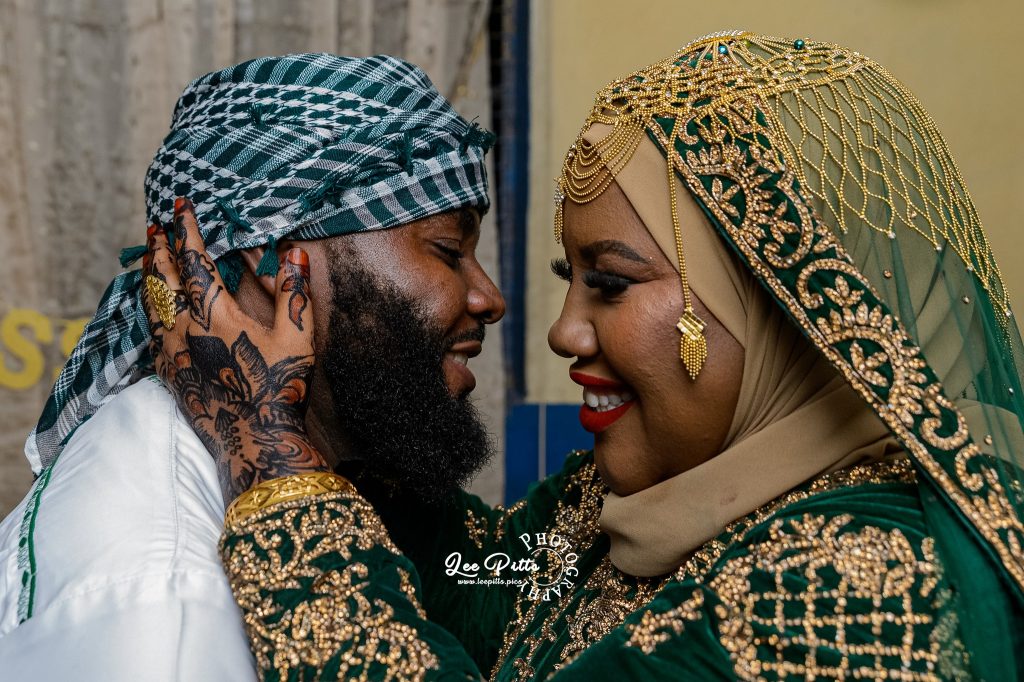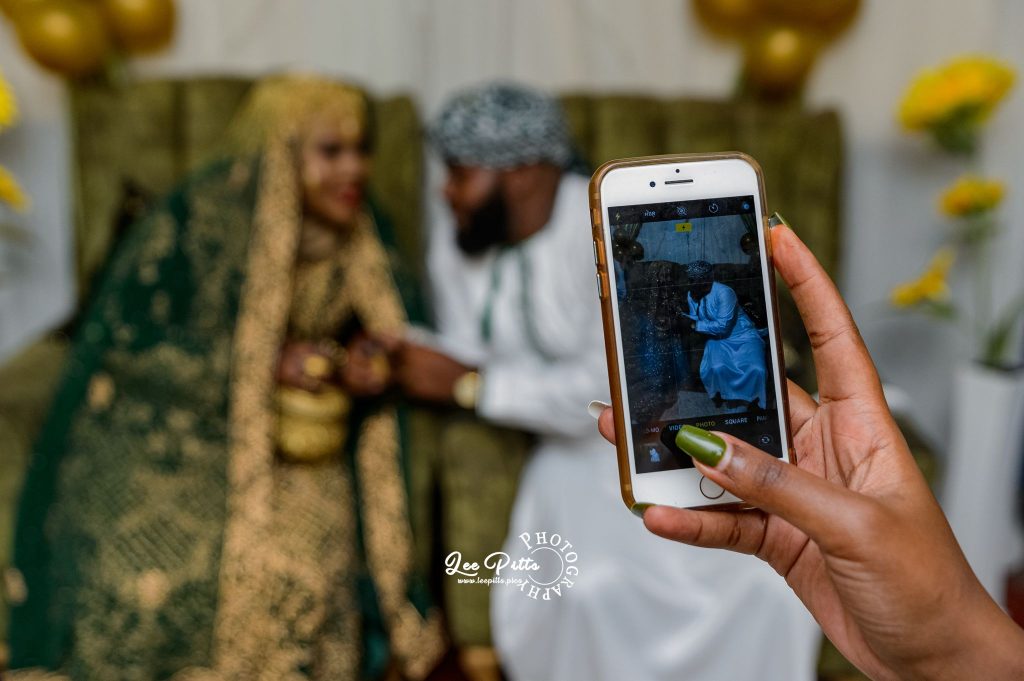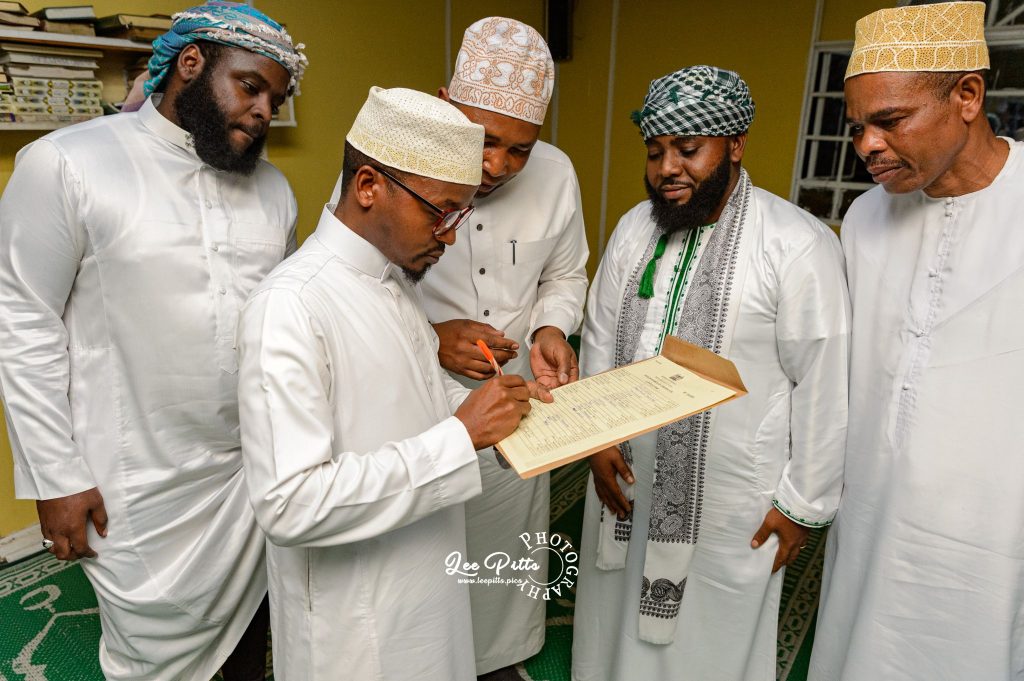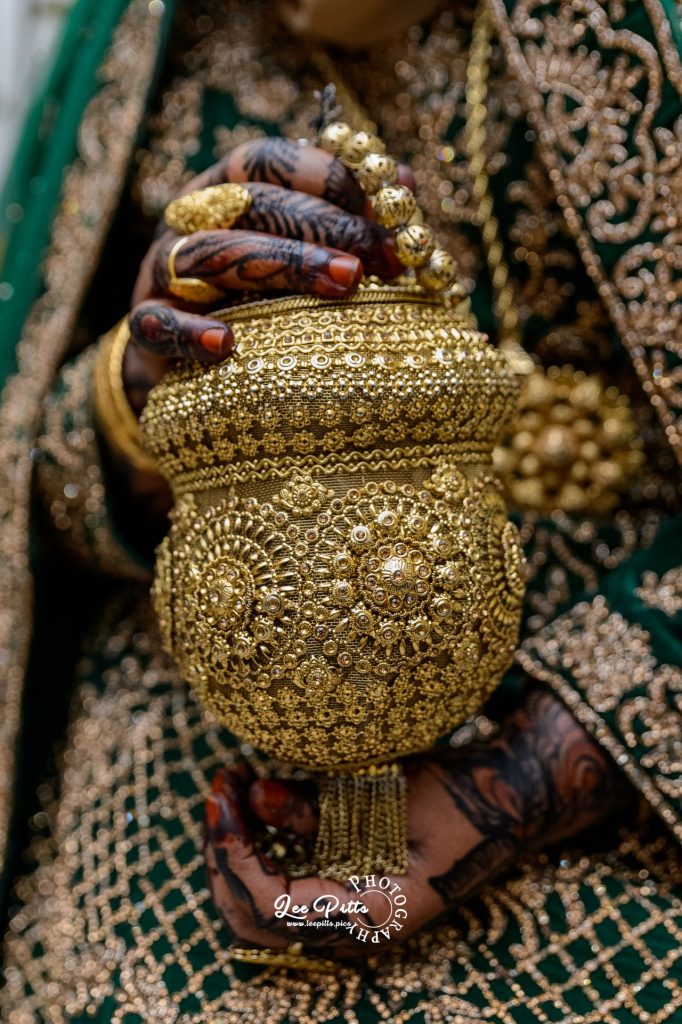A Sacred Union in Islamic Matrimony
The institution of marriage holds profound significance in Islamic culture, and at the heart of this sacred union lies the Nikkah ceremony. This traditional Islamic wedding ritual is a beautiful blend of religious customs, familial bonds, and the celebration of love.
The Essence of Nikkah
Nikkah, derived from the Arabic word meaning “to unite” or “to bind,” encapsulates the essence of marriage in Islam. It is not merely a social contract but a covenant before Allah, solidifying the commitment between a man and a woman to embark on a journey of shared responsibilities, joys, and challenges.
The Rituals Unveiled
The Nikkah ceremony typically takes place in the presence of a religious officiant, known as the Qadi or Imam, who guides the proceedings. The pivotal moment arrives when the couple, along with their respective guardians and two Muslim witnesses, gather to declare their intention to marry.
The Qadi leads the recitation of verses from the Quran, emphasizing the sanctity and responsibilities of marriage. The bride and groom, standing before the gathering, express their consent by stating “Qabiltu” (I accept), sealing the commitment to one another.
The Mahr: Symbol of Respect and Financial Security
An integral part of the Nikkah is the Mahr, a mandatory gift from the groom to the bride, representing financial security and respect. This gift, given willingly and with the bride’s full consent, symbolizes the husband’s commitment to provide for his wife and family.
The Witnessing Community
The presence of witnesses is crucial in Islam, underscoring the communal nature of the Nikkah. Their role is not merely formal but signifies the collective support and endorsement of the union by the community, family, and friends.
The Dua: Seeking Blessings for the Journey Ahead
As the Nikkah concludes, a heartfelt supplication, or Dua, is recited, invoking Allah’s blessings on the newly married couple. The community joins in, offering prayers for a harmonious and blessed marriage.
Beyond the Ceremony
While the Nikkah ceremony marks the formalization of the marriage, its true essence extends beyond the rituals. The commitment to love, cherish, and support one another in the path of righteousness is a lifelong pledge, rooted in the principles of Islam.
In essence, the Nikkah ceremony is a celebration of faith, love, and commitment. It is a reminder that marriage in Islam is not merely a worldly contract but a covenant blessed by Allah, fostering a union that transcends this life and reaches into the hereafter. As couples embark on this sacred journey, the Nikkah ceremony stands as a testament to the enduring beauty of Islamic matrimony.





Tell us about your thoughtsWrite message